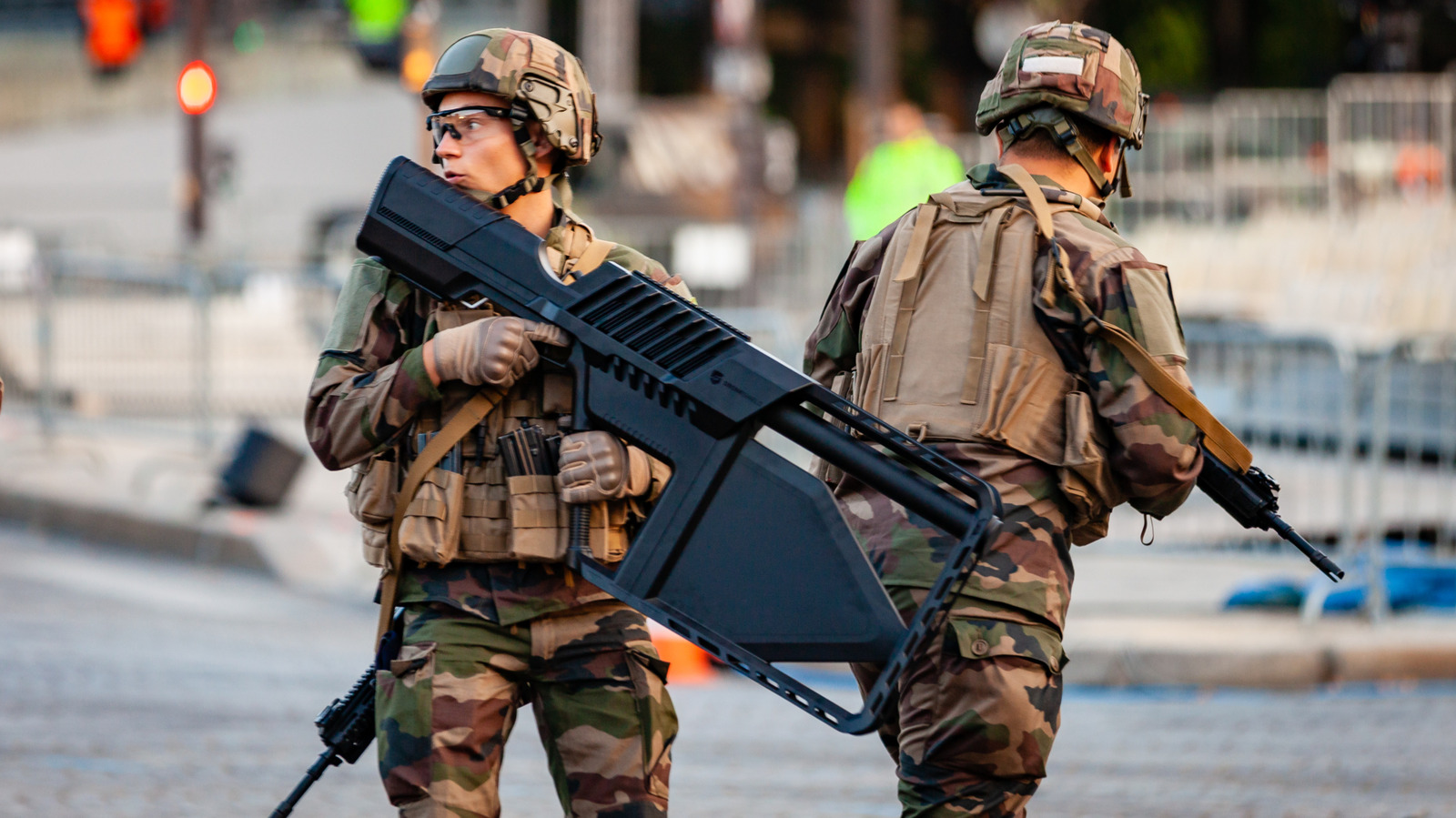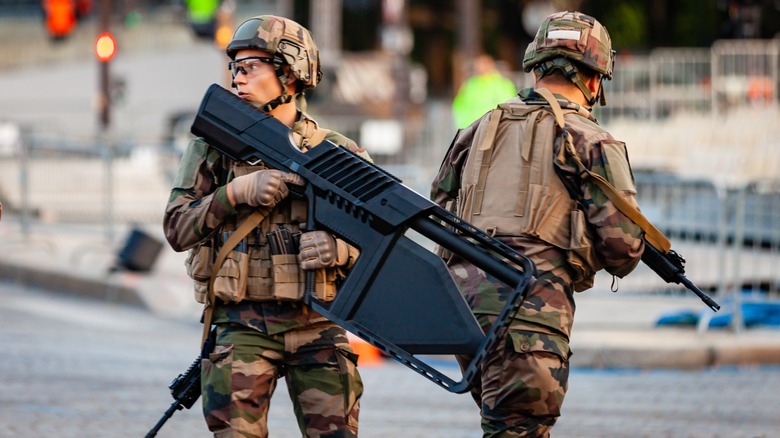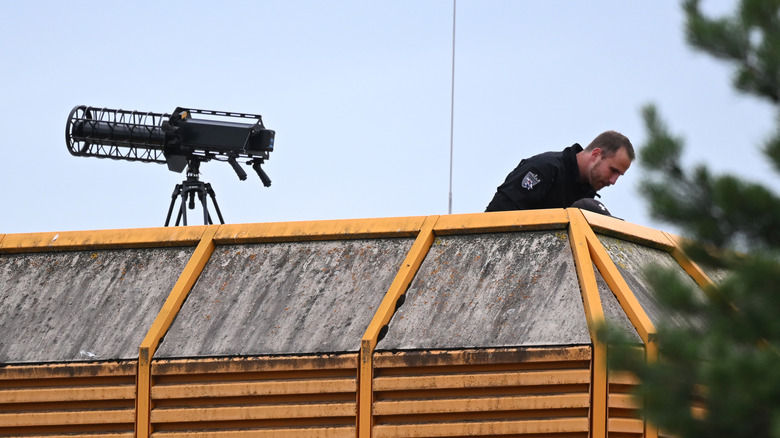As off-the-shelf drones become an increasing security concern even for major world powers, the Trump administration is preparing to spend $500 million on anti-drone programs. Specifically, the goal is to start getting state and local police the gear and training they need to deal with the little quadcopters if they come buzzing around. Increasingly, these devices are being used by bad actors either for smuggling or, as evidenced in warzones around the world, to do real damage. The impetus for the change is the upcoming 2026 FIFA World Cup, which will host games in the U.S. as well as Canada and Mexico. Big sports events are textbook examples of soft targets, but they’re even softer for the simple reason that police have their hands tied at the moment.
As Politico reports, the funds will come via the Department of Homeland Security, paid for by the One Big Beautiful Bill. The trick, however, is that more than money is at stake here. Legally, state and local law enforcement can’t engage in anti-drone activity; that’s currently reserved for federal forces. This might have made sense when drones weren’t as predominant, but nowadays, the concern is that drones are so easy to operate that the threat has proliferated. If a quadcopter flies over into prohibited airspace when thousands of people are at the World Cup, do you want to wait to call the Feds?
Decentralizing anti-drone activity
This isn’t just about the latest White House talking point, and it isn’t even just about America. On August 20, law enforcement agencies across the country signed a joint letter to bipartisan Congressional leaders asking for new legislation. They point out that, even as all sorts of bad actors are using drones now, local police simply can’t legally respond to it right now. In September, 30 state governors sent a similar request: for Congress to change the law and enable non-federal security to react to this modern-day threat. Congress, of course, immediately worked together to come to a swift and sensible — sorry, I meant to write that the bill has stalled and Congress is actually not in session during a government shutdown. So, not exactly imminent.
Meanwhile, an unknown actor (it’s Russia) recently sent swarms of drones into Europe’s airspace, causing airport delays and raising massive security concerns. To counter this unknown actor (it’s Russia), Britain, France, Lithuania, Romania, and Germany have all passed new laws to allow their security teams to shoot down drones, per Reuters. To put this another way: anti-drone actions are moving from a primarily military concern to a standard policing activity.
What’s the line between those two things? The Germans have it at about tree height: below is for police, above is for the military. How about in America? Well… again, Congress hasn’t passed any actual legislation here, so it’s still only federal agencies that can conduct anti-drone actions. If the Trump administration really does release half a billion in funding, it’s not clear what that can actually accomplish. Best case scenario is that this is a bit of a cart before the horse thing: the funds get released first, then Congress acts. A worse case scenario would be a massive waste of taxpayer money. And the worst case scenario would be that local police would take the new equipment and use it, ah, extralegally. But when does that ever happen?




